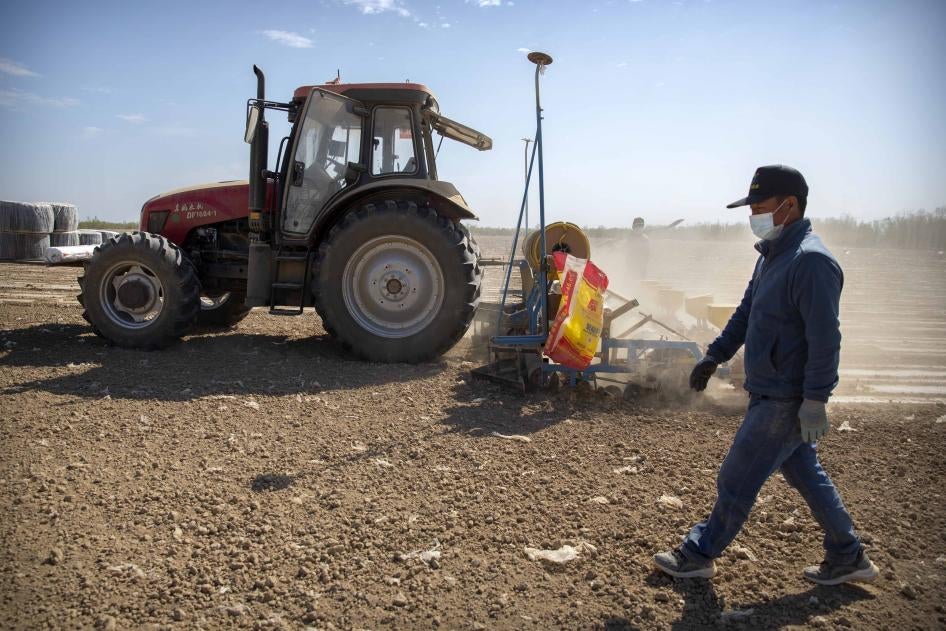
IMAGES EDITORIAL
UPDATED 21 JUN, 2021
Well Captain, you've done it again. Despite your ministers, avid supporters and other party members scrambling to defend you the last time you were a rape apologist, you've proven that you do indeed blame women for rape.
You didn't let anyone change your mind — not public outcry, not international horror, not even your supporters twisting your words to mask your meaning. And this time, you spoke in English, leaving no room for ambiguity.
We would commend you for staying true to yourself if only the words you uttered weren't so problematic.
Women across Pakistan can rest assured that if someone rapes them, our prime minister will say it was the fault of "temptation", not the rapist. Would the same apply to children?
In an interview to Jonathan Swan for Axios, the premier was asked about his earlier comments about temptation, women's dressing and men's "willpower” — and how he was accused of rape victim blaming.
Imran, brushing it off as nonsense, said the concept of purdah is to avoid temptation in society. But then he went on to explain how Pakistan's society works and this where he lost the plot.
"We don’t have discos here, we don’t have nightclubs, so it is a completely different society, way of life here, so if you raise temptation in society to the point and all these young guys have nowhere to go, it has consequences in the society."
The interviewer point-blank asked him if what women wear has any effect. This is where our premier really went off track.
"If a woman is wearing very few clothes it will have an impact, it will have an impact on the men, unless they’re robots. I mean it’s common sense."
Is it common sense, PM Imran? Do you think men are so weak and out of control that the slightest show of skin will send them into a violent sexual fit?
When questioned if women's clothes would really provoke acts of sexual violence, the premier instead of saying "No, rape is not provoked", he said: "It depends on which society you live in. If in a society where people haven’t seen that sort of thing, it will have an impact on them."
There you have it folks, our prime minister in all his glory.
If you still have doubts about whether the premier is a rape apologist, let us disabuse you of that notion.
A rape apologist is someone who excuses, condones or justifies rape. When PM Imran says women wearing "very few clothes" will have an impact on men, he's saying men will rape you if you don't wear the clothes they want you to. To our Oxford- educated prime minister, clothes "provoke" rape. What then were the children and animals who were raped in Pakistan wearing, we ask.
Clearly, he must have an answer for that.
Men are not robots, he said, as if any sane man would attack a woman based on her clothes. If you weren't insulted before, you should be now. Imran Khan seems to have little respect for rape victims and it seems he doesn't think much of men either. He believes that men can't help it: they'll see a woman in "very few clothes" and attack. That he sees Pakistani men as little more than animals with no impulse control speaks volumes.
And for the people who say, oh but he's talking about "very few clothes", let us ask you this: what constitutes "very few clothes"? Is it a bikini? Or jeans and a T-shirt? Or shalwar kameez without a dupatta? Or a hijab without an abaya? Or an abaya without a face covering?
We'll say it again and again and again: There is no justification for rape — not the victim's clothes, shoes, hair, style of walking, manner of talking or anything else.
He also needs to keep in mind that by pushing this problematic narrative of "young men" not having outlets for their sexual urges, he is giving rapists and harassers an excuse on a silver platter. And they are not all "young men"! As was recently proven by the Mufti Azizur Rehman sexual abuse case, rape is a crime perpetuated by anyone in a position of power.
If nothing else, the premier could have kept this harrowing case in his mind while answering questions about rape and temptation and reminded himself that though there is never a time to be a rape apologist, this is an even worse time than usual. The trauma of rape is immense and it resurges every time a rape apologist provides what in their mind constitutes as a reason for this violence.
To our prime minister we have a few heartfelt requests: 1) Think, really think, about the impact your words have on survivors of sexual assault and their families. You have reduced their pain to something as vague as temptation and don't seem to have any concrete answers as to how you plan to tackle this issue or give them justice 2) Talk to women, and really listen. Women are groped in societies which have "discos and nightclubs" and women who wear an abaya and a hijab and a veil have been subjected to sexual violence as well. Stop putting all the burden of sexual violence on women and how they dress.
If you don't know what the women of this society go through regardless of what they wear, and are going to group all men into the category of "unable to control their sexual urges", then you, Imran Khan, are not fit to represent this society that you speak of.







